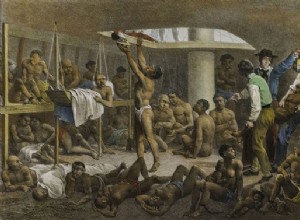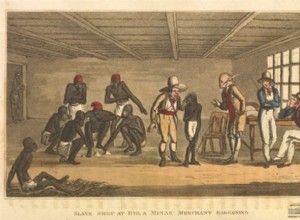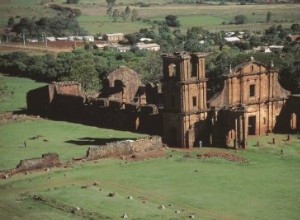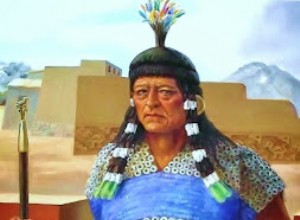Slave ship it was the name by which the boat that transported blacks destined for slave labor on the American continent between the 16th and 19th centuries became known. The first recorded shipment of enslaved Africans took place in 1525 and the last in 1866. Slave Traffic Until the beginning of t




